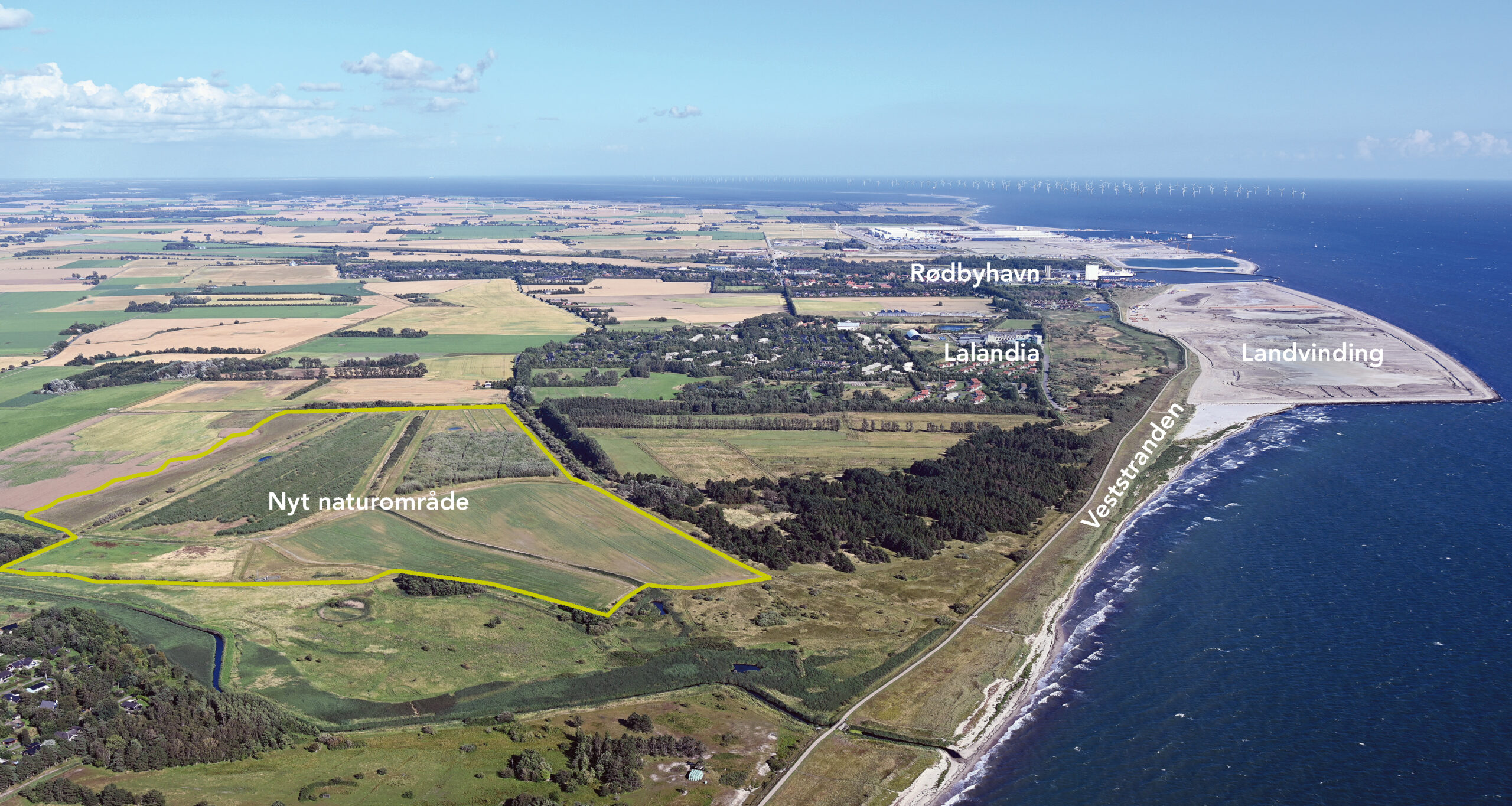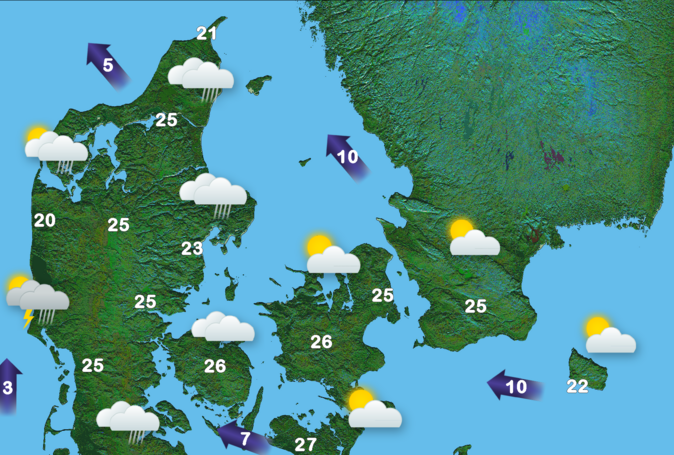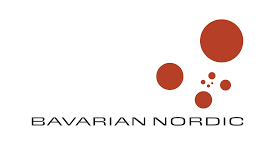Some day soon you may no longer take your family to Danish forests just for mushroom picking, but to see wild elephants; and your Bornholm nature walks may soon include watching herds of wild bison.
Jens-Christian Svenning, a professor and prominent biologist at Aarhus University, believes that we will see such animals in just a few decades roaming the Danish countryside, reports Berlingske.
“I think that we will get to see wild Asian elephants in the Danish nature in the future,” Svenning said. “It is not an unrealistic scenario.”
Svenning is one of Denmark’s major proponents of rewilding, a concept that hinges on restoring areas to their original wild nature, including bringing back large animals that once used to occupy this land.
READ MORE: Moose soon on the loose
Bornholm bison
As Denmark is already beginning to welcome the wolf back and is preparing to grow its moose population, Svenning explains that we could also see bison freely walking around Bornholm.
He explains to Berlingske that seven wild Polish bison were introduced to the island on a 200-acre enclosure in the Almindingen forest in 2012 as a pilot project. Since then, the population has almost doubled to 13 bison and has been a hit with tourists.
“They are a huge success. Last year, 200,000 people dropped by to look at the bison,” Søren Friese, a forester at Almindingen, said.
READ MORE: More animals spreading to Denmark
The controlled wild
Svenning sees this rewilding process as an exciting future for Denmark and one that can help various habitats.
“Elephants have a major and positive impact on the vegetation. They produce plenty of fertilizer and keep trees and shrubs down, which helps to ensure biodiversity and create large clearings in the woods,” he explains.
However, he understands that wherever necessary such animals will need to be fenced in so they do not run into traffic or into farmer’s fields or people’s home gardens.
Farmers, however, are sceptical as the presence of German wild boars can infect pig farmers’ animals with swine fever and the resurfacing of wolves is considered to be a predatory threat.














